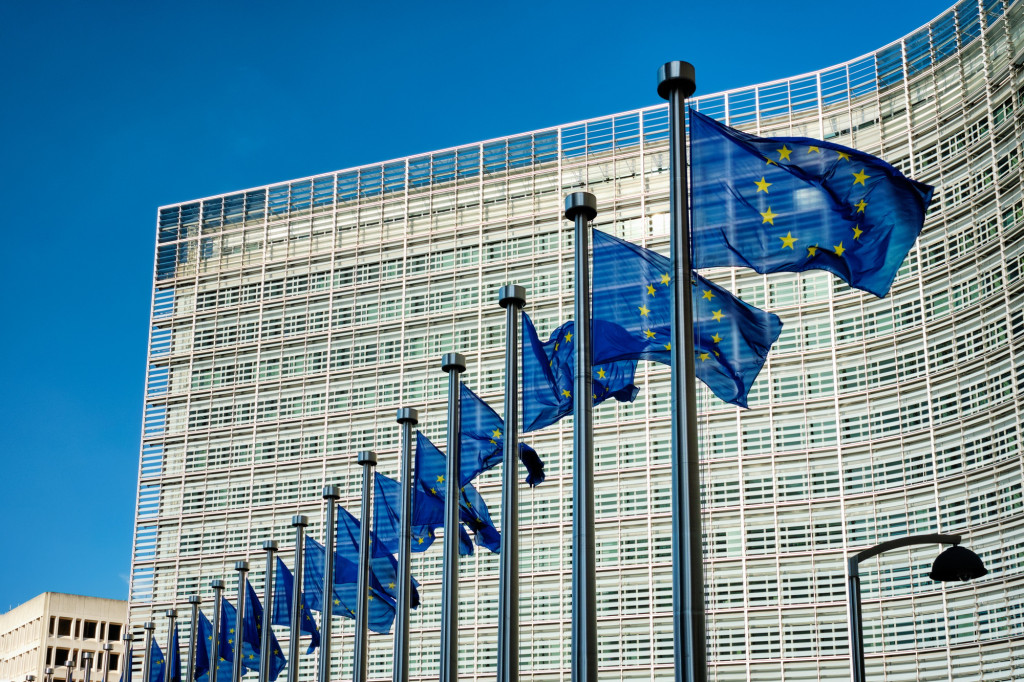Civil society groups urge EU action over Hungary’s AI surveillance law
The call follows Hungary’s recent laws allowing real-time facial recognition at public gatherings, including the banned Pécs Pride event. Civil society warns that such surveillance violates Article 5 of the AI Act and threatens fundamental rights.

Three human rights organisations – the European Center for Not-for-Profit Law (ECNL), Liberties, and the Hungarian Civil Liberties Union (HCLU) – have called on the European Commission to initiate infringement proceedings against Hungary for alleged violations of the EU Artificial Intelligence Act (AI Act) and the Charter of Fundamental Rights.
The groups’ appeal follows a series of legislative changes passed earlier this year by the Hungarian Parliament to the Assembly Act, Infraction Act, and Facial Recognition Technology Act. These amendments, they argue, effectively ban LGBTQI+ assemblies and criminalise participation in Pride events prohibited by police authorities. The new laws also permit the use of facial recognition technology to monitor public gatherings – a form of real-time biometric identification explicitly banned under Article 5 of the AI Act.
The issue comes to a head ahead of Pécs Pride, one of Hungary’s longest-running regional Pride events, scheduled for 4 October. Authorities have banned the march and are expected to deploy facial recognition systems during the event. Under the new rules, anyone attending – whether protester or bystander – risks being automatically identified, fined, or investigated.
Why does it matter?
Civil society organisations argue that such measures breach EU law and set a dangerous precedent for mass surveillance in Europe. They are urging the European Commission to act swiftly, including seeking interim measures before the Court of Justice of the EU to suspend the laws while proceedings are ongoing.
For civil society, the case is a crucial test of the AI Act’s enforcement and the EU’s commitment to protecting fundamental rights. It raises broader questions about the use of AI-driven surveillance against peaceful assemblies and minority groups, and whether the EU can ensure that its landmark AI legislation is applied uniformly across member states.


